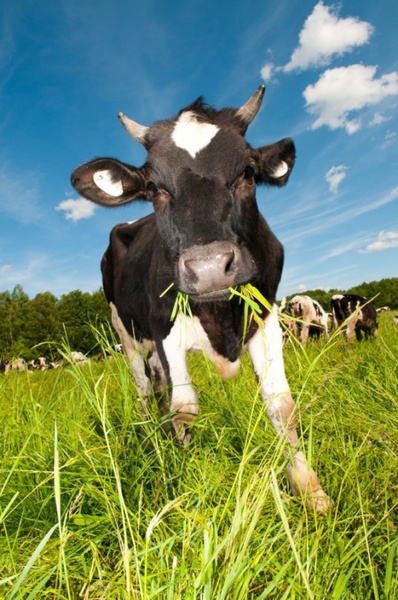



Article by: Hari Yellina
Keith Baker of Tooma, NSW, realised he needed to make some major changes when up to 25% of his calves had a life threatening lung infection. The problem had been deteriorating for more than a decade before coming to a head approximately three years ago. “We had a handful with lung infections, and it gradually worsened,” Keith explained. “It started around 15 years ago and took approximately 10 years to move from a few to ten percent, then only a few years to grow from ten percent to twenty-five percent.” “It just exploded out, and we had no choice but to deal with it.”
When Keith introduced VikingGenetics’ VikingJersey as an outcross, the problem was solved. Keith has witnessed a remarkable transformation in just three years. The infection rate has fallen from 25% to around 2%, with no VikingJersey outcrosses showing signs of lung disease. Keith has found not only a solution to a problem, but has also enhanced the health and profitability of the herd and revolutionised his calving procedure, resulting in significant time and financial savings. The cows are now more vigorous, fertile, and long-lived, with less foot and mastitis issues. For nearly 40 years of AI breeding, Keith had mixed and matched most of the popular higher-ranked bulls under his method, starting with RBVs, then ABVs, and eventually BPIs and genomics.
He’d been experimenting with VikingJersey in his herd for a few years and had observed the health benefits, but it took a lung infection crisis to convince him to make a significant change. “We ran some cultures and it turned out to be a sort of bronchial pneumonia,” he explained. “However, we found that the Danish cattle didn’t get it, so we shifted to largely using Danish genetics to have an outcross in the herd.” “Since we went to VikingJersey approximately three years ago, we’ve cut the illness rate in half and don’t have to treat nearly as many calves.”
“I’m not sure why VikingJersey converts so poorly for type on the BPI. They have just as much to contribute in this area as traditional Jersey genetics employed in Australia, in my experience.” The Baker family relocated to the property in southern NSW in 1948 with crossbred cows, but in 1952 they switched to a pure Jersey herd. “We’re in hilly territory with some river flat, so we need a cow that can walk a great distance,” Keith explained. “I believe Jersey cows are the most productive.” This year, the 546-hectare farm reached a high of 390, down from a high of 420 around 15 years ago.